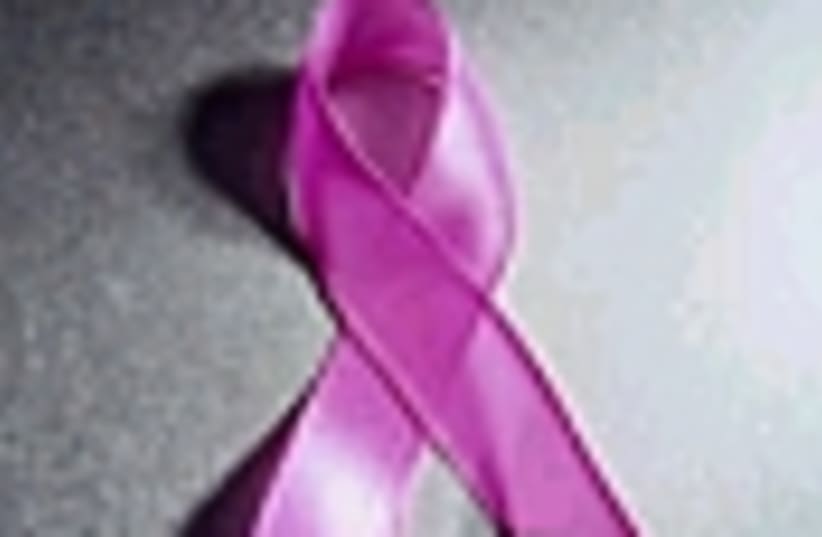| More about: | Bayit VeGan, The New Yorker, Jerusalem, Bnei Brak |
Beyond the pills and the pain
Lat week, two Jerusalem-based organizations joined forces for the first time to host a special seminar for women coping with cancer.


| More about: | Bayit VeGan, The New Yorker, Jerusalem, Bnei Brak |